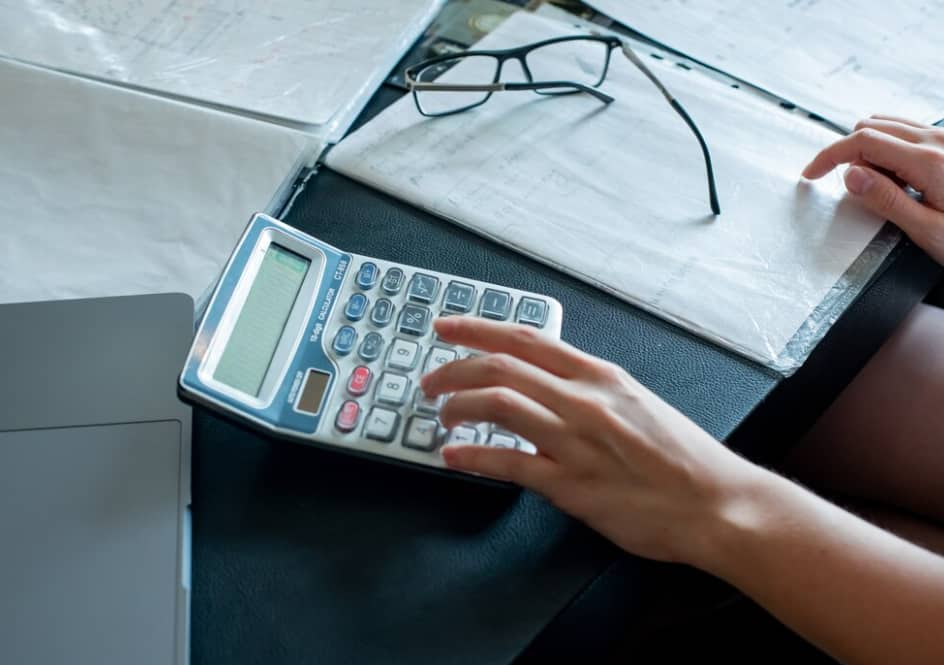Forensic accounting is a specialized segment within the broad accounting field that merges investigative abilities, technological prowess, and a deep understanding of accounting principles to identify fraudulent or unlawful financial activities. This expertise extends to matters related to accounting, banking, money laundering, and more. While traditionally, forensic accountants have been considered an integral part of large CPA firms, the expanding global market has increased the demand for individuals specializing in this field.
If you found this exploration intriguing, you may also like to delve into the historical context of Dickinson’s poetry or explore the evolution of forensic accounting practices worldwide.
Role of Forensic Accountants
Forensic accountants deliver their expertise by utilizing their auditing and accounting skills to conduct intricate investigations. The nature of their profession goes beyond evaluating numerical data, requiring a whole-business approach to detect irregularities. By diving deep into the roots of an organization, they not only identify the fraud but also help in understanding its ripple effects on other business operations.
Scholarly Path into Forensic Accounting

Pursuing the field of forensic accounting does not necessarily demand years of accounting training followed by investigative learning. Many academic institutions offer a direct route to gaining a Forensic Accounting certification online, saving students valuable time. To excel in their roles, these programs equip future forensic accountants with the knowledge to navigate legal concepts, analyze financial matters, and comprehensively report these in a form suitable for audit processes and court proceedings.
Key Skills for A Successful Forensic Accountant
Attributing to the complexity of cases they handle, forensic accountants need to demonstrate characteristics like persistence, creativity, organization, and self-confidence. A curiosity to unravel hidden truths, along with professional judgment, is an essential trait. They should be able to comprehend details that most individuals may overlook, making a quick perception, communicativeness, and attention to detail crucial.
To thrive as a Forensic Accountant, a grasp of legal principles and methods is essential. Through your online studies, you’ll learn to scrutinize financial records and business matters, transforming your findings into comprehensive reports for auditing or legal use. While courtroom appearances may be rare, numerous career paths are available with entities such as insurance firms, financial institutions, law enforcement, municipal organizations, or securities exchanges. Precision, punctuality, and reliability are key; these qualities will swiftly forge your standing and facilitate the pursuit of your desired position in any location.
The Dynamic Role of a Forensic Accountant
- Forensic accounting is a field defined by its demand for a unique blend of traits;
- Alan Zysman, a seasoned Certified Fraud Examiner from Toronto, Canada, believes that a forensic accountant should embody persistence, inventiveness, organization, self-assurance, coupled with a naturally inquisitive mindset and discreetness, all underpinned by robust professional discernment.
The complexity of cases in this profession ensures a constantly engaging workload; each case is distinct, ensuring a fresh experience every time. A forensic accountant’s expertise may be sought in diverse scenarios, from criminal inquiries to business disagreements, insurance claims, and beyond. Whether delving into small-scale business frauds or high-profile cases like the one involving Al Capone, a forensic accountant must be astute, communicative, and perceptive, catching nuances others might overlook. In essence, it requires an individual of superior intellect, with exceptional numerical skill and acute logical thinking.
Forensic Accounting Career: Education & Earnings

A master’s degree in forensic accounting follows the completion of an undergraduate degree in accounting. Attaining a CPA certification is highly recommended to enhance job prospects. While initial salaries may begin around $30,000, proficient individuals can quickly ascend to a substantial six-figure earning bracket. The journey starts with enrolling in an online program that offers this specialized postgraduate education.
Conclusion
With the proper education, training, and inherent qualities like attentiveness, communication skills, quick perception, and strong reasoning, an individual can build a successful career in forensic accounting. The journey may start small, but the possibilities are boundless in this ever-evolving and challenging field.